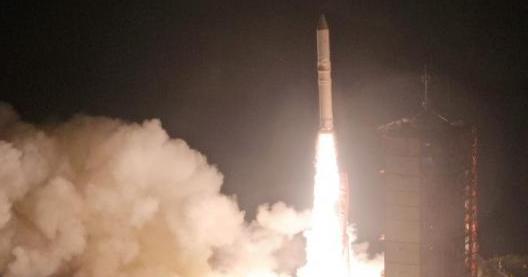
Japan Aerospace Exploration Agency (JAXA) has successfully launched a solid fuel rocket named Epsilon-2 from the Uchinoura Space Center in southern Japan.
The 26-metre-long rocket released Exploration of energization and Radiation in Geospace (ERG) satellite for studying radiation belts around the earth soon after the lift-off.
Key Points
ERG satellite will orbit in a highly elliptical orbit, getting as close to Earth as 350 kilometers and as far away as 30,000 km.
This path will take the satellite through the Van Allen radiation belts, where the earth’s magnetic field traps huge numbers of fast-moving electrons and other particles.
These particles mainly damage the computer systems aboard satellites and pose a radiation danger to astronauts.
The satellite will use nine different instruments for studying radiation belts over the course of a mission designed to last at least one year.
Comment
Epsilon-2 rocket is part of a new generation of solid propellant rockets which can reduce launch costs up to one-third.
The reduction in cost can allow it to put more communication and weather satellites in space.
Thus, it can give JAXA a competitive edge in space launch industry which has robust growth potential and strong security implications.
Current Affairs 23rd December, 2016 Current Affairs Round Up Bullet Points, November, 2016 Current Affairs Round Up Bullet Points, October, 2016

Join The Discussion